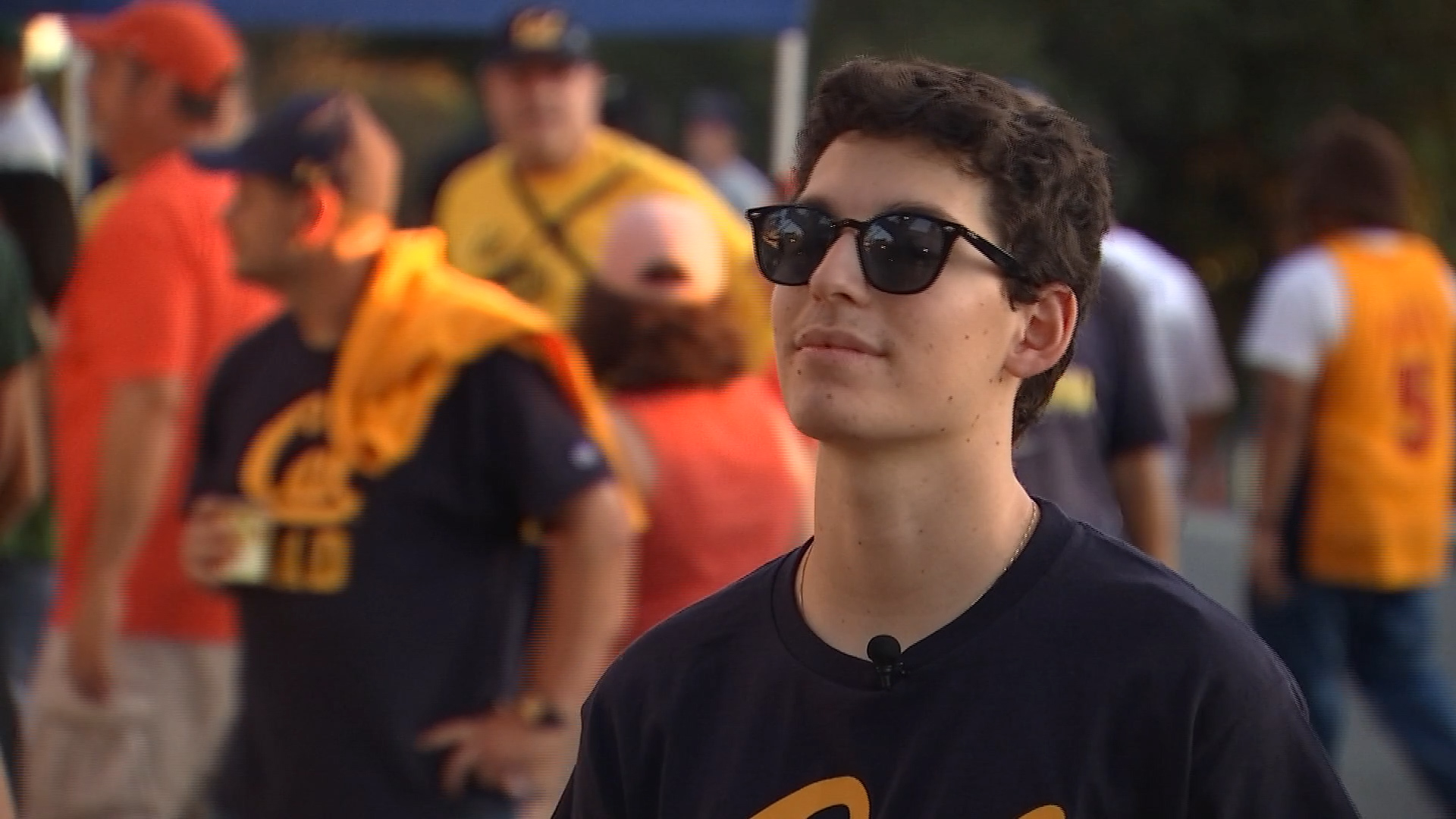Parents and siblings of three men killed in the Orlando Pulse nightclub attack are suing Twitter, Facebook and Google, claiming that the social media companies allowed radical groups to post propaganda that led to the worst mass shooting in modern U.S. history.
The suit was filed Monday in a federal court in eastern Michigan on behalf of the families of Tevin Crosby, 25; Javier Jorge-Reyes, 40; and Juan Guerrero, 22. Crosby was a Michigan native, and Jorge-Reyes has a sister who lives there.
The three were among the 49 people killed inside the gay nightclub in June. Gunman Omar Mateen, a 29-year-old security guard, was shot and killed by Orlando police after the massacre. In a 911 call shortly before the shooting, Mateen swore allegiance to the leader of the Islamic State of Iraq.
The lawsuit alleges that "ISIS is dependent on Twitter, YouTube and Facebook to terrorize" and that "ISIS uses defendants to recruit new terrorists." Google owns YouTube, which is why the company was named in the suit.
"These companies allow ISIS to use their sites as an instrument of terrorist operations," said Keith Altman, attorney for the plaintiffs. "If you take the social media aspect out of it, it very well may be that Mr. Mateen would not have been radicalized."
Representatives for Twitter and Google did not immediately respond for comment via email on Tuesday morning. In a statement, a Facebook spokesperson said: “We are committed to providing a service where people feel safe when using Facebook. Our Community Standards make clear that there is no place on Facebook for groups that engage in terrorist activity or for content that expresses support for such activity, and we take swift action to remove this content when it’s reported to us. We sympathize with the victims and their families.”
The plaintiffs’ claims are based not upon the content of ISIS’s social media posts, the lawsuit alleges, “but upon the defendants provision of the infrastructure which provides material support to ISIS.”
Local
Plus, the lawsuit contends, the social media giants “profit from ISIS by placing ads on ISIS’s postings." Google, the suit claims, earned revenue from advertising associated with ISIS posts.
Lastly, the lawsuit alleges, Facebook, Google and Twitter “incorporate ISIS’s postings to create unique content by combining the ISIS postings with advertisements selected by defendants based upon ISIS’s postings and the viewer looking at the postings and the advertisements.”
The suit asks for nonspecific damages.
But at least one similar legal case doesn't bode well for the prospects of the families' lawsuit.
In January, the family of Lloyd “Carl” Fields Jr., a Florida defense contractor killed in a November 2015 terror attack while training security forces in Jordan, sued Twitter, claiming the San Francisco company knowingly allowed terrorist groups such as ISIS to use its social network to spread extremist propaganda.
In August, U.S. District Judge William H. Orrick in San Francisco dismissed the suit, saying: “As horrific as these deaths were, ... Twitter cannot be treated as a publisher or speaker of ISIS's hateful rhetoric and is not liable under the facts alleged.”
Orrick noted that Field's lawsuit didn't claim that ISIS recruited or communicated with Abu Zaid over Twitter, nor did the lawsuit accuse either of using Twitter to plan, carry out or raise funds for the attack. Rather, the lawsuit said Twitter provided "material support" in allowing the use of Twitter accounts for recruitment and other purposes.
Another similar lawsuit against Google, Facebook and Twitter was filed in June by the father of a young woman killed in the Paris massacre last November.
In statements to the Associated Press in the case of the family of Reynaldo Gonzalez, whose daughter Noehemi died in the attack, Facebook and Twitter said the lawsuit was without merit, and all three companies cited their policies against extremist material. Twitter, for instance, said it has "teams around the world actively investigating reports of rule violations, identifying violating conduct and working with law enforcement entities when appropriate."
Facebook's statement read, in part, that if the company sees "evidence of a threat of imminent harm or a terror attack, we reach out to law enforcement."
Google said it wouldn't comment on pending litigation but noted that it has "clear policies prohibiting terrorist recruitment and content intending to incite violence and quickly remove videos violating these policies when flagged by our users."
Under U.S. law, internet companies are generally exempt from liability for the material users post on their networks. Section 230 of the 1996 Communications Decency Act provides a legal "safe harbor" for companies like Twitter and Facebook; it states that "no provider or user of an interactive computer service shall be treated as the publisher or speaker of any information provided by another information content provider."
The Pulse nightclub lawsuit was filed by Altman and Soloman Radner of Excolo Law in Southfield Michigan and Ari Kresch of 1-800-LAW-Firm. Kresch is part of the Paris lawsuit against the social media companies, as well.
The Associated Press and NBC Bay Area's Michelle Roberts contributed to this report.



